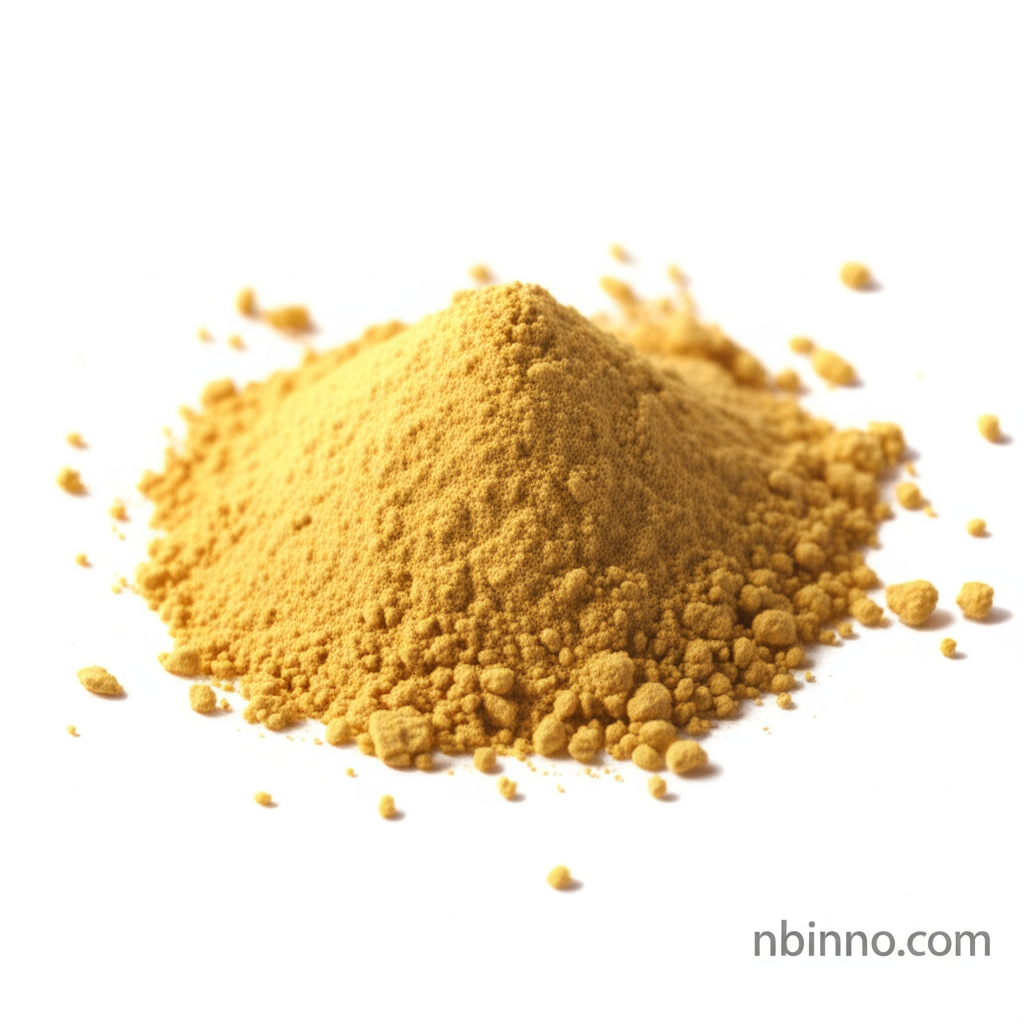High-Purity 2,2'-Bipyridyl: A Versatile Organic Intermediate
Discover the key properties and applications of 2,2'-Bipyridyl, a crucial compound for advanced chemical synthesis and material science.
Get a Quote & SampleProduct Core Value

2,2'-Bipyridyl
2,2'-Bipyridyl (CAS 366-18-7) is a high-purity organic compound essential for various chemical applications. It is known for its exceptional ability to act as a bidentate chelating ligand, forming stable complexes with a wide range of transition metals.
- Explore the 2,2'-Bipyridyl metal complexation capabilities to enhance your catalyst performance.
- Investigate the use of 2,2'-Bipyridyl in organic synthesis for creating novel compounds.
- Understand the role of 2,2'-Bipyridyl in luminescence chemistry for advanced material development.
- Learn about the applications of 2,2'-Bipyridyl as a precursor in herbicide production.
Key Advantages
Exceptional Purity
Achieve reliable results with our high-purity 2,2'-Bipyridyl, available with a minimum purity of 98.0% or 99.0% for demanding applications.
Versatile Ligand Properties
Leverage the powerful chelating properties of 2,2'-Bipyridyl for advanced metal complexation in catalysis and material science.
Luminescence Applications
Utilize the intense luminescence of its metal complexes, making it ideal for photosensitizer chemistry and luminescent materials.
Key Applications
Catalysis
The ability of 2,2'-Bipyridyl to form stable metal complexes makes it invaluable as a catalyst in various chemical reactions, including polymerization.
Luminescent Materials
Ruthenium and platinum complexes of 2,2'-Bipyridyl exhibit strong luminescence, finding applications in OLEDs and other light-emitting technologies.
Organic Synthesis
As a key organic intermediate, 2,2'-Bipyridyl is widely used in the synthesis of more complex organic molecules and pharmaceuticals.
Agrochemicals
Certain bipyridinium derivatives, synthesized from compounds like 2,2'-Bipyridyl, are utilized as active ingredients in contact herbicides.
